The Breakthrough Prize Foundation awards those who have made an impressive contribution to the world of science
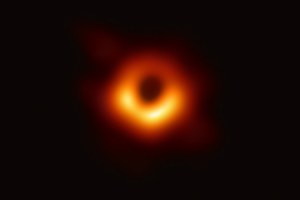 Astronomy
Astronomy

 Astronomy
Astronomy
The Breakthrough Prize Foundation awards those who have made an impressive contribution to the world of science
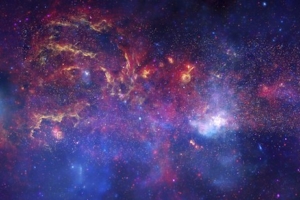 Deep Space
Deep Space
For the first time ionised hydrogen has been detected at the lowest frequency ever towards the centre of our galaxy
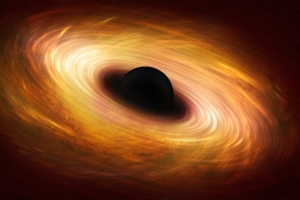 Deep Space
Deep Space
These high-gravity objects come in more flavours than you might expect
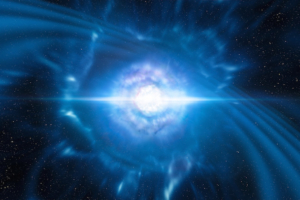 Deep Space
Deep Space
The LIGO and Virgo collaboration has observed more cosmic collisions after their equipment upgrades in April 2019
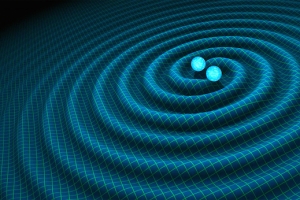 Astronomy
Astronomy
After upgrading the mirrors, lasers and other important components, the hunt for ripples in space and time is back on
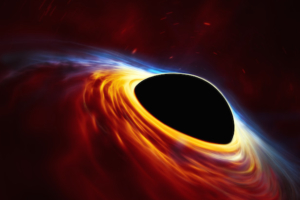 Deep Space
Deep Space
Black holes and water tanks exhibit the similarities in their wave propagation, providing a useful Earth-based insight
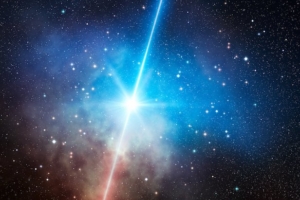 Deep Space
Deep Space
Gamma rays are known to be produced by some of the most energetic objects in the universe, including supernova explosions, pulsars and around black holes
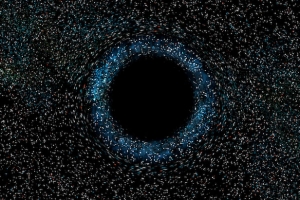 Deep Space
Deep Space
Could black holes be a factory for unusual material at their hearts?
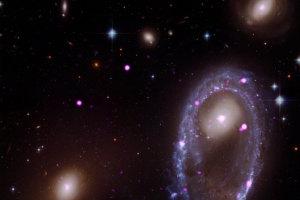 Deep Space
Deep Space
The Chandra X-ray Observatory has revealed a ring of black holes or neutron stars, or even both, 300 million light years away from Earth
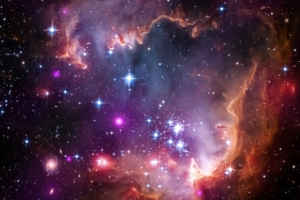 Deep Space
Deep Space
Signals from rare black hole-neutron star pairs could pinpoint rate at which universe is growing
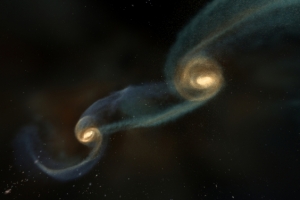 Deep Space
Deep Space
What happens when an unstoppable force meets another unstoppable force…
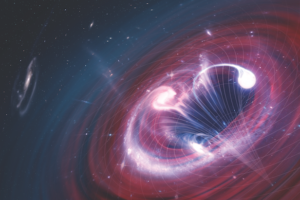 Deep Space
Deep Space
Here’s what it’s like to visit one of the strangest places in the universe
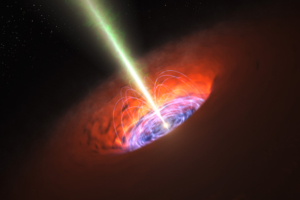 Deep Space
Deep Space
13 days after an X-ray emission was detected from a distant galaxy, an almost identical radio signal was detected
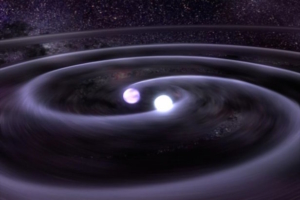 Deep Space
Deep Space
This is the first three-detector observations made of these waves in the fabric of space-time
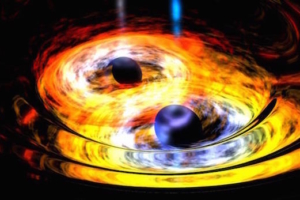 Deep Space
Deep Space
The system resides in spiral galaxy NGC 7674, which is located about 400 million light years from Earth
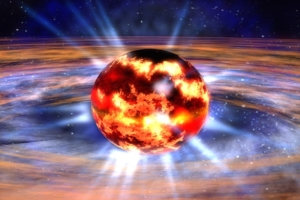 Deep Space
Deep Space
Astronomers believe that the heaviest elements were formed from the very first versions of these exotic objects
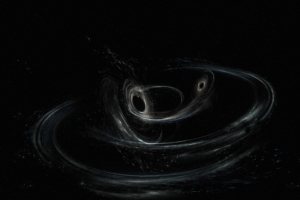 Deep Space
Deep Space
This is the most distant gravitational wave source detected yet
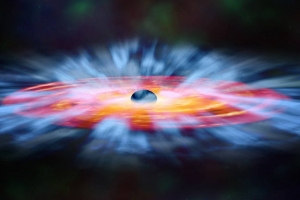 News
News
These winds spewing from these exotic objects can heat up and cool down in the span of just a few hours
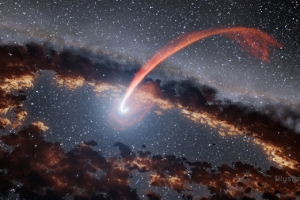 News
News
This is the first time we have clearly seen the infrared light echoes from multiple tidal disruption events
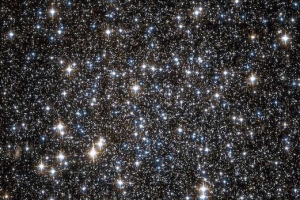 News
News
Astronomers have shone light on a globular cluster of stars that could host several hundred black holes, a phenomenon that until recently was thought impossible